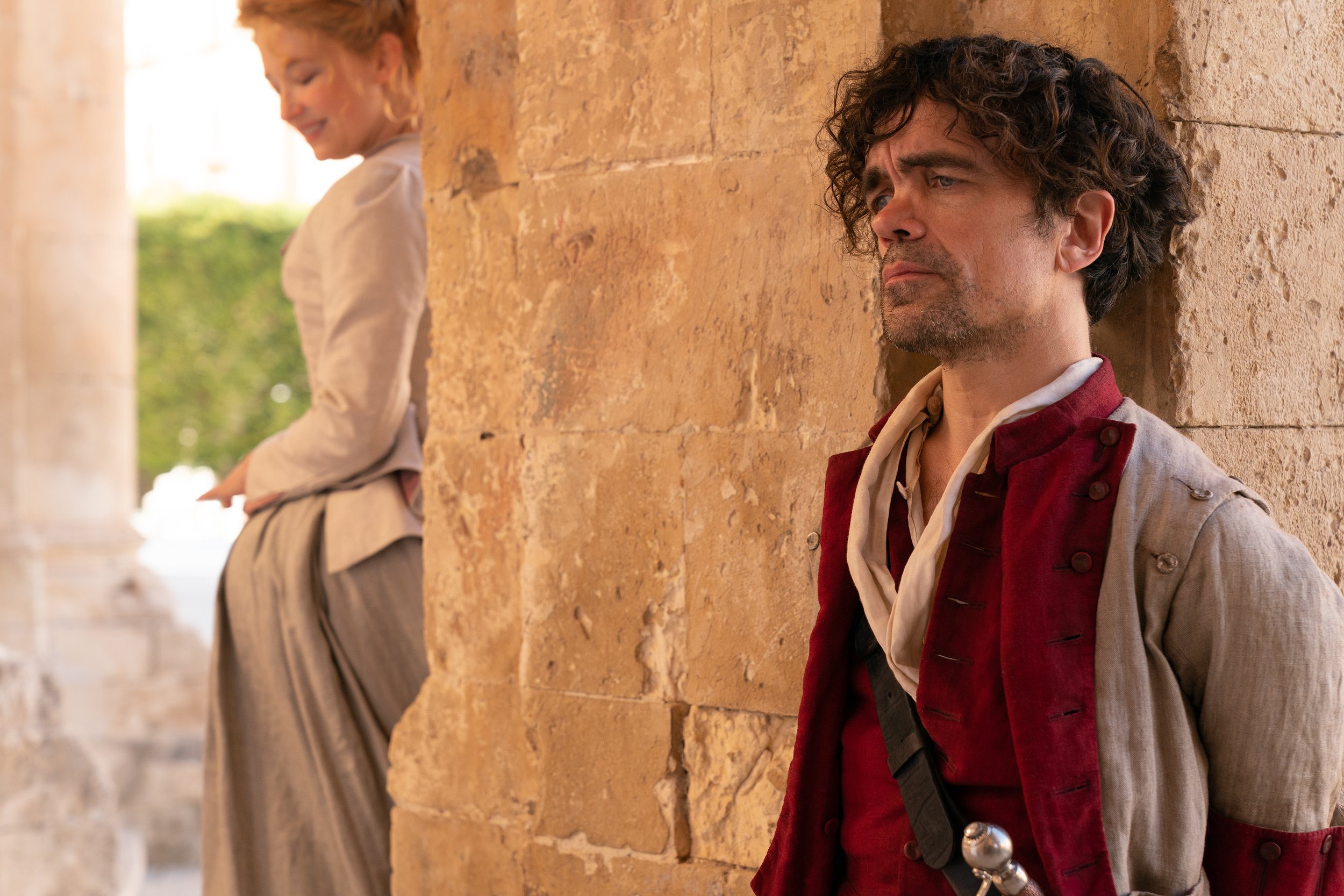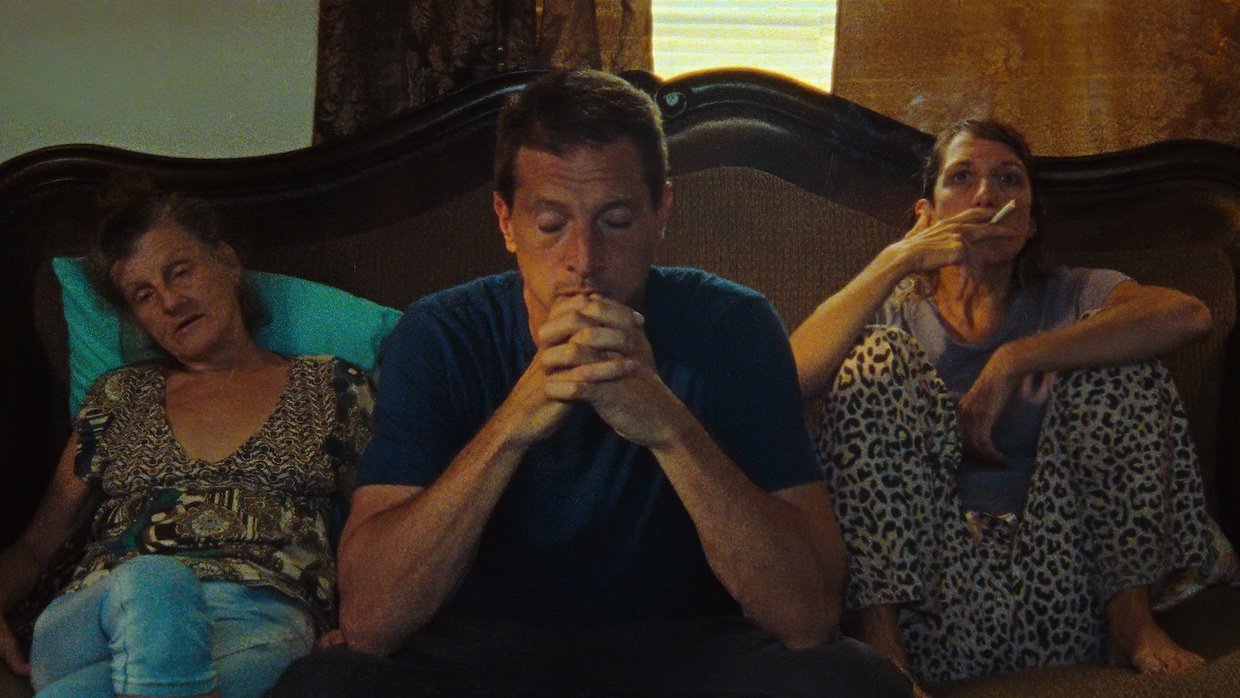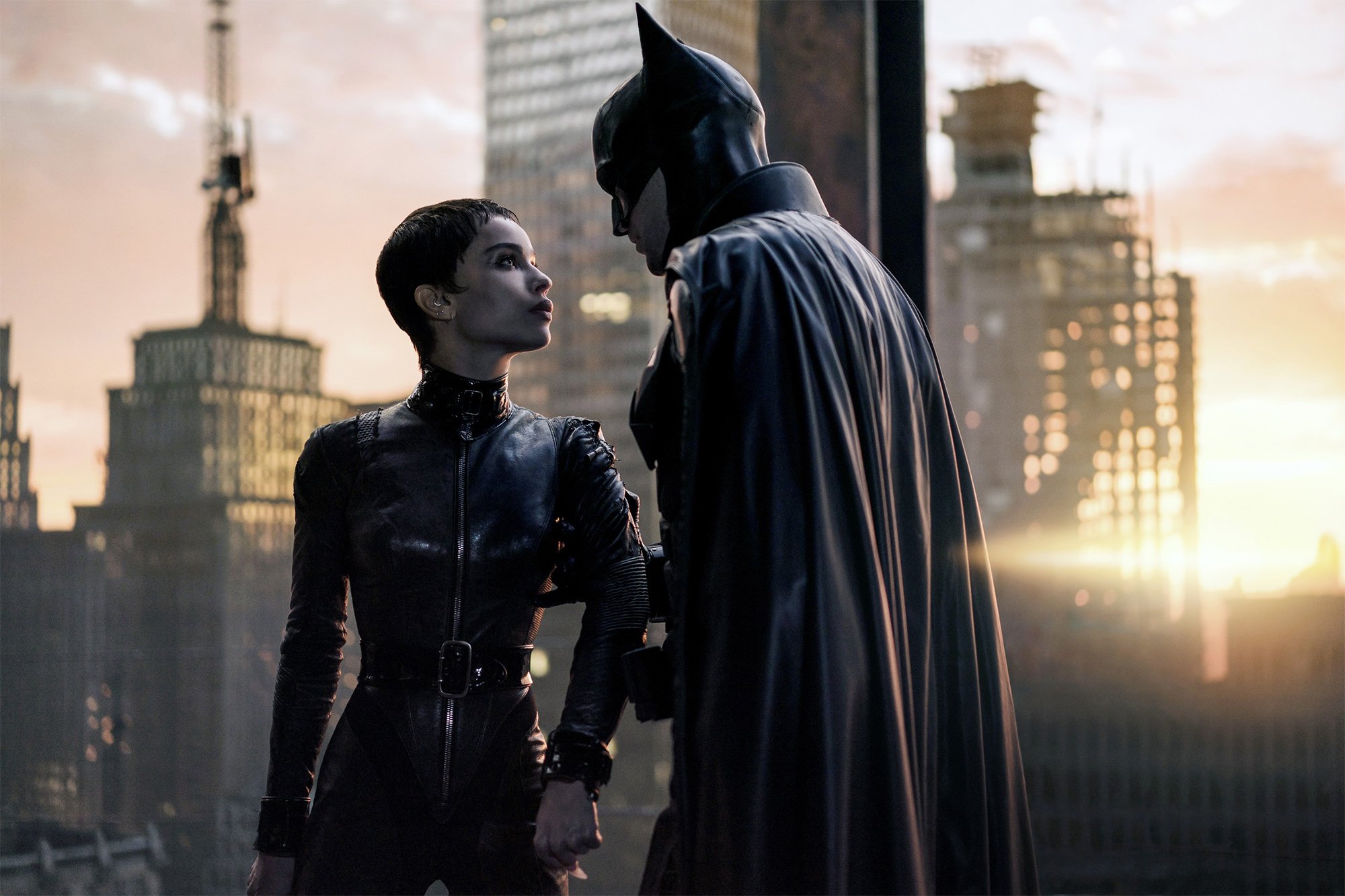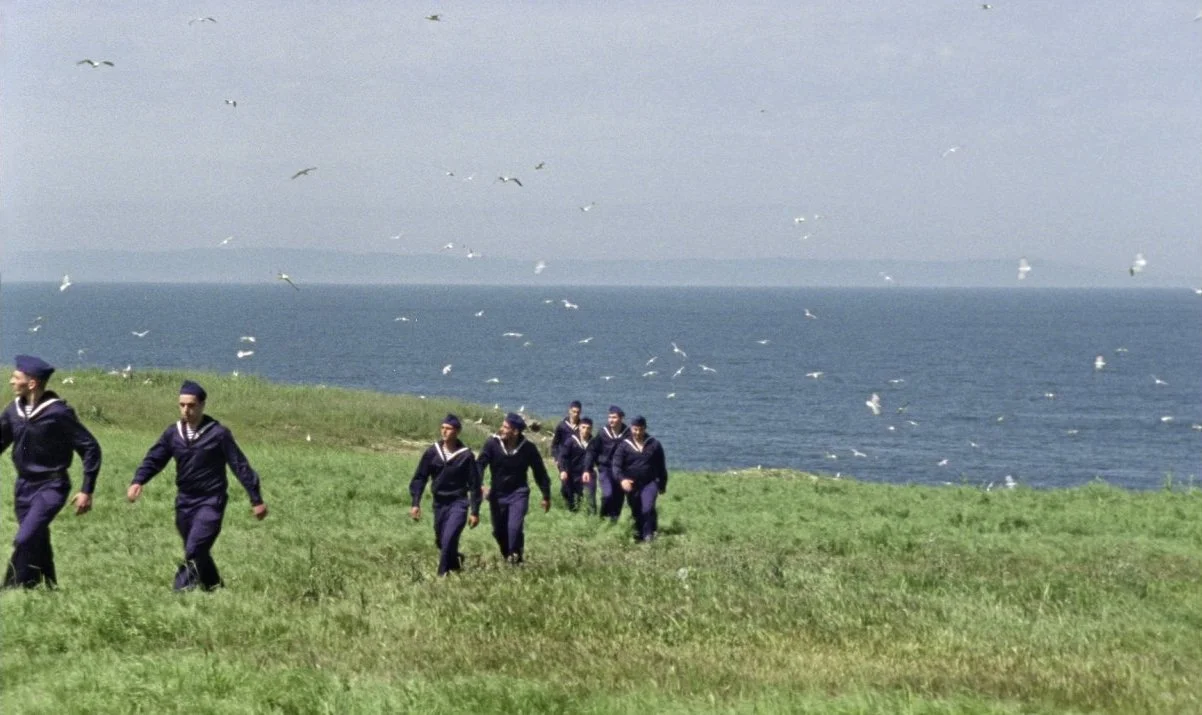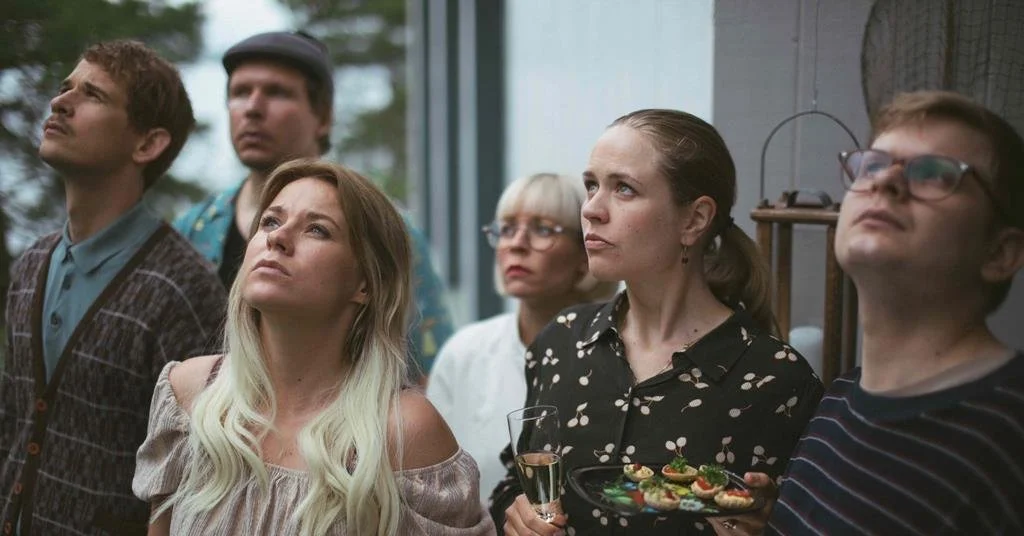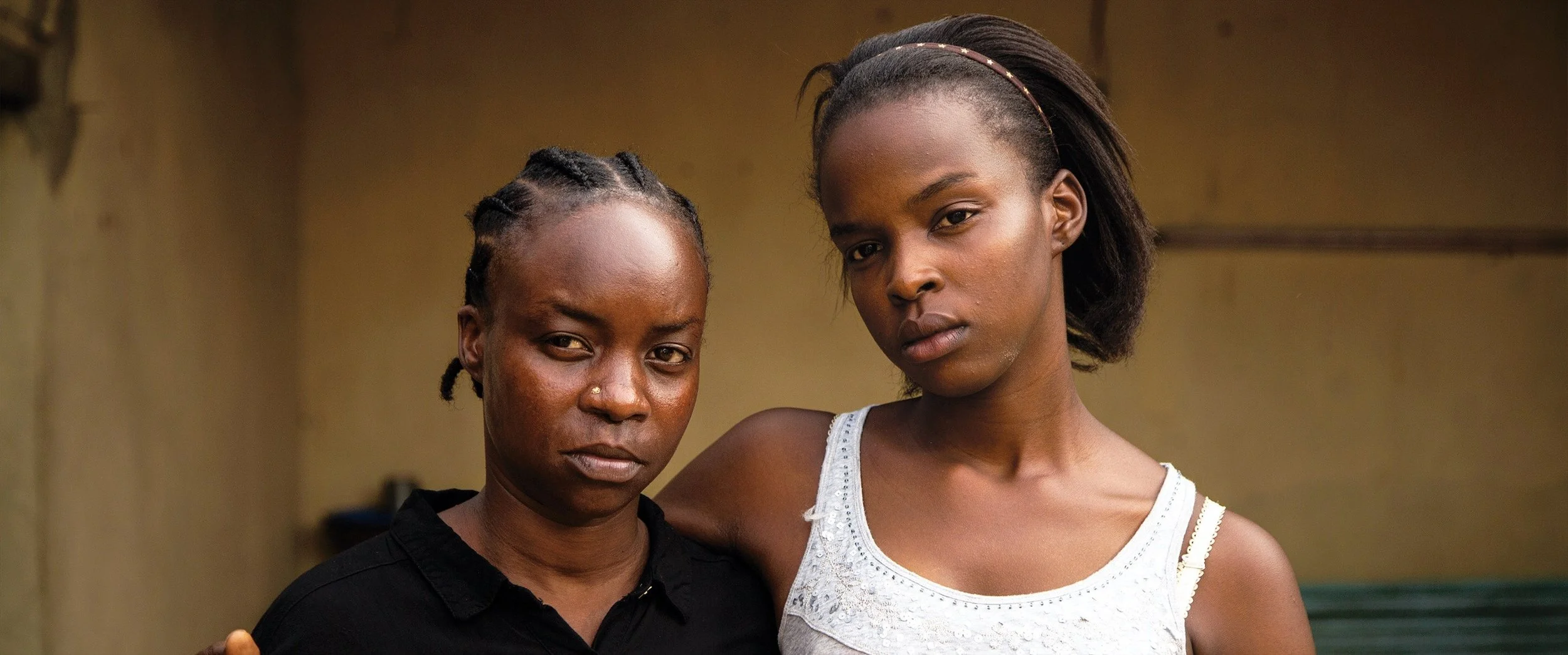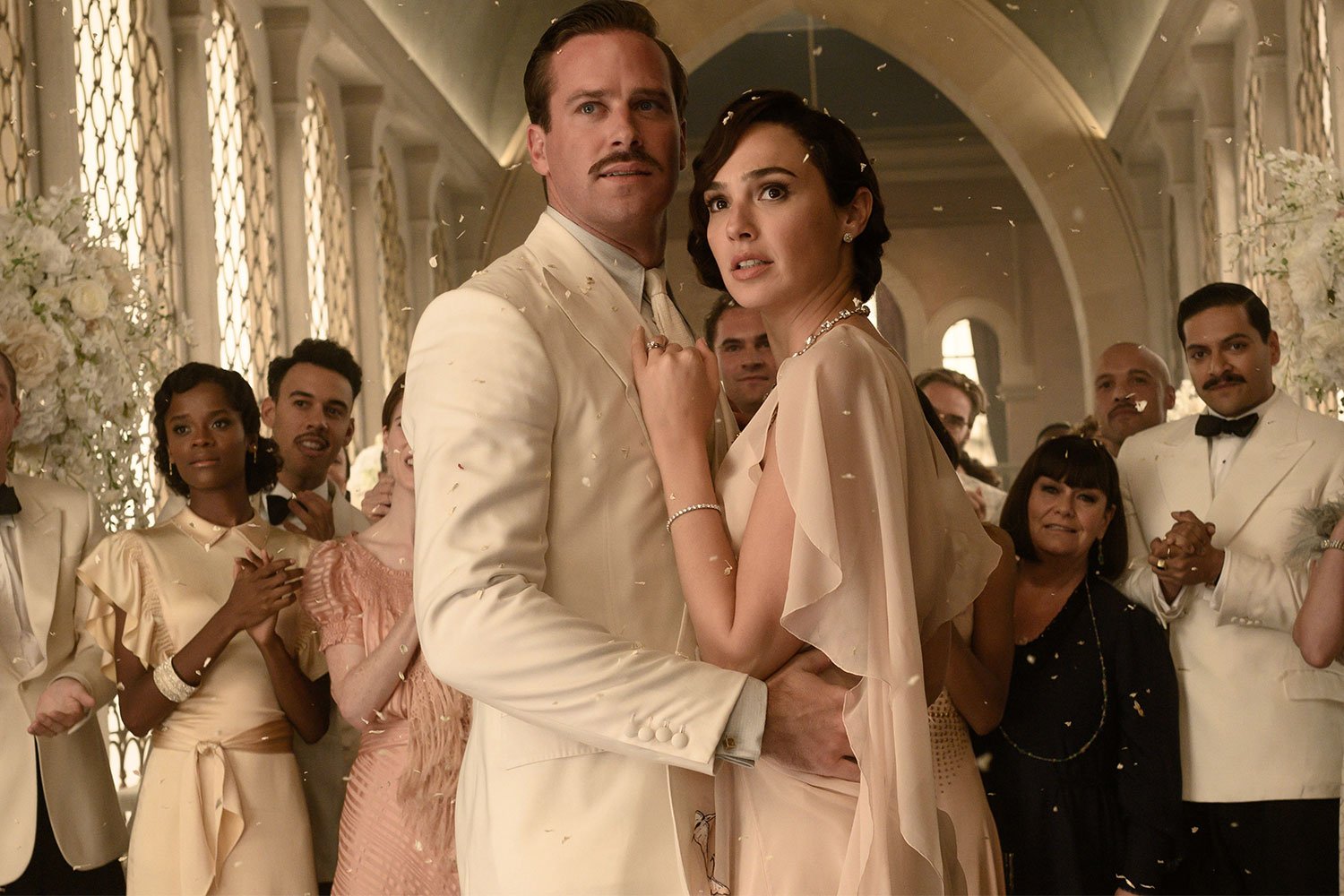CYRANO
Directing: B
Acting: B+
Writing: B+
Cinematography: B+
Editing: B
Music: B-
Here we have yet another victim of unfortunate circumstances, a movie whose release date was postponed seemingly endlessly. “Seemingly” is perhaps the operative word here, as it was originally scheduled for wide release on Christmas Day 2021, and finally got its wide release February 25—exactly two months later, but with two other wide release dates and two limited release dates in between, all of them either scrapped or postponed. This on its own might not have been such a big deal, except that I was sitting through this film’s trailer for months before Christmas, only to wind up having to keep sitting through it for another two months. Getting to see it now, when I don’t have to sit through a trailer I practically have memorized anymore, was a relief.
One might wonder, then: was it worth the wait? For the most part, yes. Granted, it would have been much better to get to see it in December, but the later postponements were clearly brought on in large part by the Omicron variant wave, which are now on the significant decline. That said, while I did enjoy this film and I always love the chance to go to a movie theater, I can’t say this one demands to be seen on the big screen. A few more weeks to see it on a streamer at home will be just as much worth the wait. Unless, I suppose, you’re a massive fan of star Peter Dinklage, and there are certainly those people out there.
Somehow, I did not realize that Cyrano had already been a stage production, written by Dinklage’s wife Erica Schmidt and also starring Dinklage, as well as co-star Haley Bennet as Roxanne. It ran first in Connecticut in 2018 and then off Broadway in 2019. As for Covid, acquisition of the rights to the film wasn’t even announced until August 2020, which means Cyrano as a film was conceived as well as completed in a post-pandemic world. It would seem that only the Omicron variant truly had any affect on its release, so compared to a lot of other movies that died on the vine over the past two years, this one was kind of lucky.
How much audiences like it seems to be somewhat mixed, a reflection of my own personal reaction to it. I’m a little mystified as to why the choice was made to make this a conventional musical, except perhaps that it’s what the stage production was. And while Dinklage’s voice is serviceable and Bennett’s is beautiful, the songs themselves are uniformly forgettable. Adapting this as a straightforward tragic romance, without the breaking into song, likely would have been to its benefit.
A lot of Cyrano is pretty fun otherwise, especially seeing Dinklage as an implausibly accomplished and lethal fencer. I have to admit, I found myself thinking about how unrealistic it was to depict Dinklage as someone who could easily dispatch ten men at a time. But, then I realized that none of the other onscreen depictions of swashbuckling heroes, regardless of their size, has ever been realistic. It’s always a fantasy, so why not let the likes of Peter Dinklage in on it? It’s great to see that, even though Cyrano is deeply insecure about his stature in light of the woman he secretly pines for, he has great agency otherwise—ridiculous amounts of it, in fact,
I suppose some might like to be warned, though, that this is only occasionally lighthearted, and is very much conceived of as a romantic tragedy, very much in the vein of Romeo and Juliet. The love between Cyrano and Roxanne isn’t so much forbidden as misdirected, as Roxanne convinces herself she has fallen in “love at first sight” with Christian (Kelvin Harrison Jr., also a very good singer), having made the mistake of not finding out first whether he has the level of intellect she’s also looking for. This is arguably a flaw of the original plot of Cyrano de Bergerac, wherein Roxanne makes some pretty goofy assumptions that could easily have been disproved had she taken some real initiative on her own. But, then we wouldn’t have this classic story, in which Cyrano writes Christian’s love letters for him, seducing Roxanne to fall more deeply in love with both Christian’s beauty and Cyrano’s intellect and, most significantly, poetry.
Unless you’ve been living under a rock, you know the original physical issue with Cyrano was his unusually large nose, but there have been many adaptations since the debut of the original French play in 1897, including ones where Cyrano is simply “ugly.” Playwright Erica Schmidt, under the directorial vision of Joe Wright in the film, offers a new take with Peter Dinklage standing in, his being a dwarf being the source of his romantic insecurity.
One major sticking point in this film is the one usage of the m-word, which Dinklage utters, as Cyrano, in reference to himself. It’s a genuinely shocking moment, and I can’t tell if it was meant to be—except that it’s surprising that an actor who has spoken out against its usage would agree to say it onscreen in 2021, it being a period piece notwithstanding. Miriam-Webster says the first usage of the word dates back to 1816, so it’s not anachronistic, at least from an English perspective. But what about in French? Google translate says the French equivalent is nain, except when you translate that the other way around, French to English, it comes up as “dwarf.” So why the hell doesn’t he just use the word “dwarf” in the movie? I don’t get it. Maybe we’re meant to see it as a reflection of Cyrano’s self-hatred, but if that’s the case, the word is not at all necessary to make that clear.
Once you get past that, Cyrano is a fun, deeply romantic, and relatively moving story, a movie that works in spite of its occasionally inexplicable imperfections.
It’ll reach the romantic in you.
Overall: B

